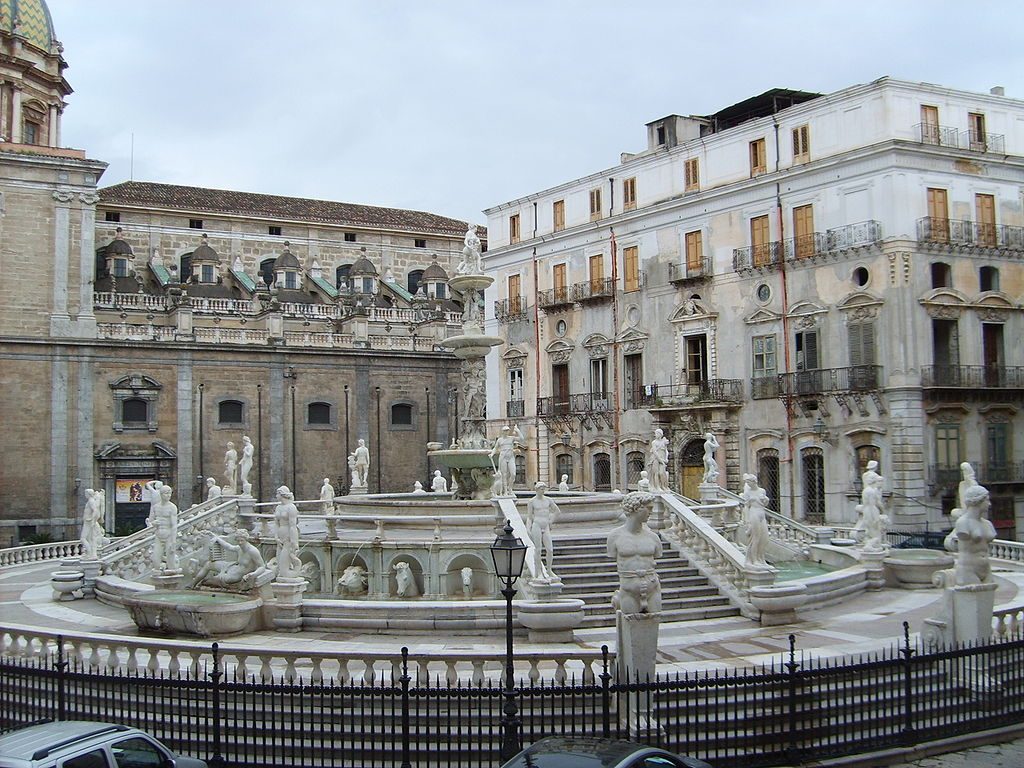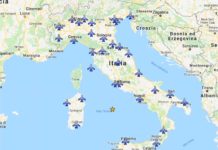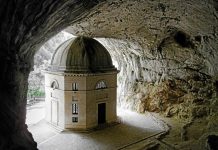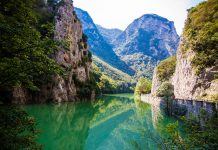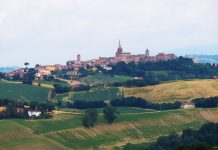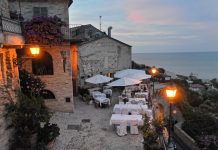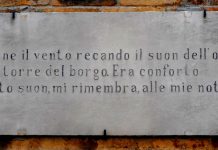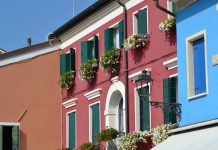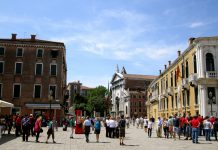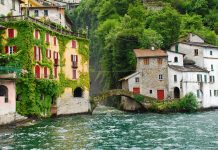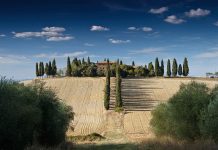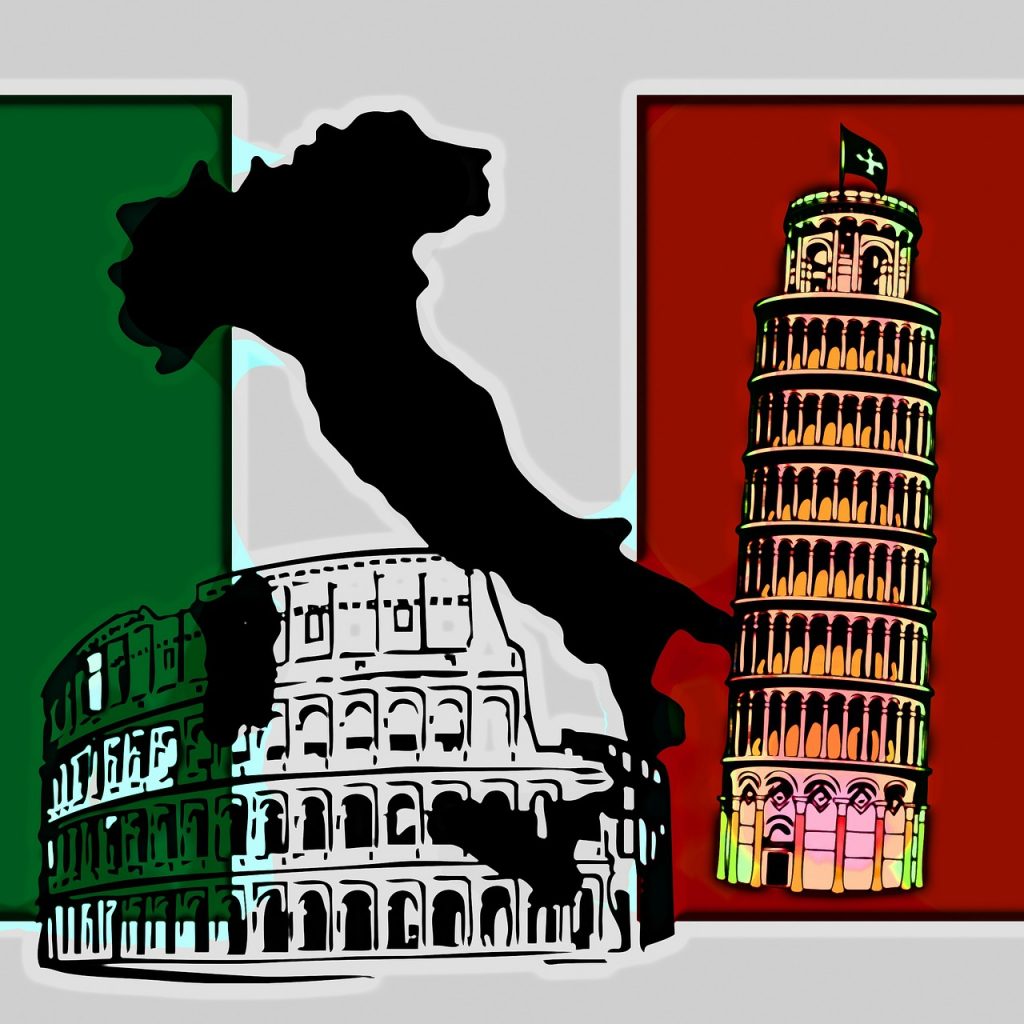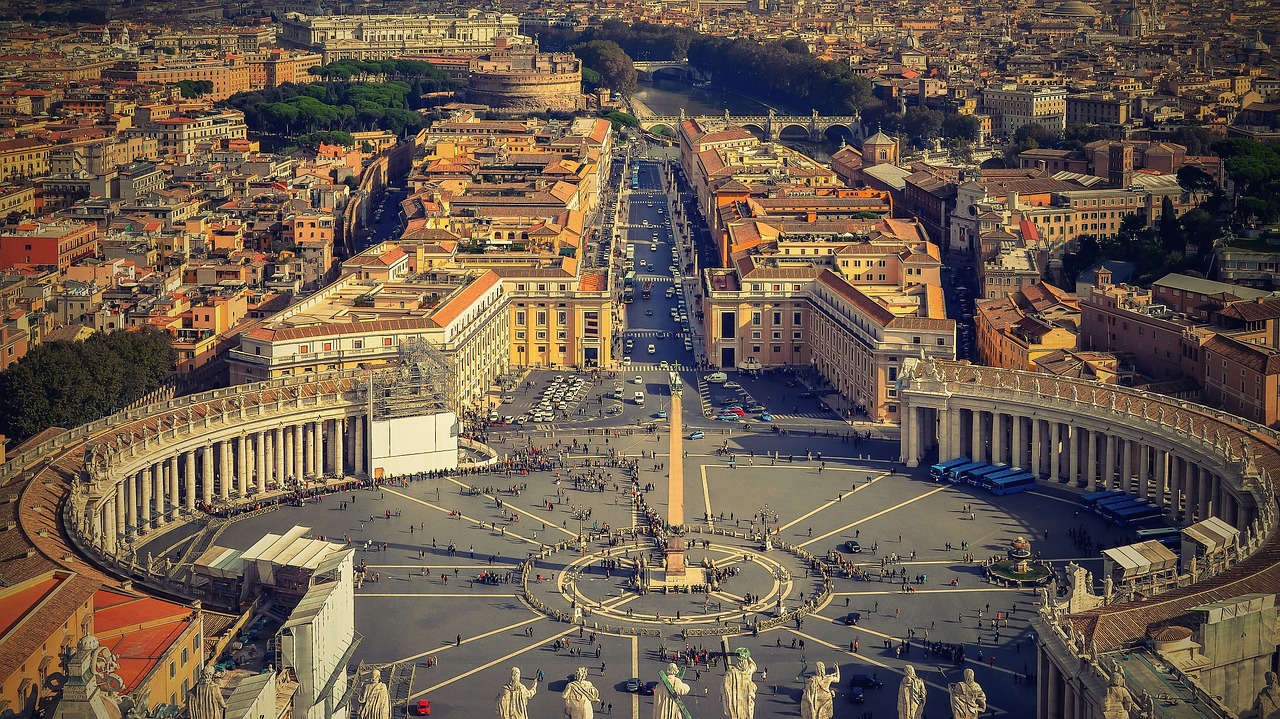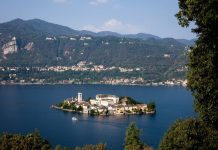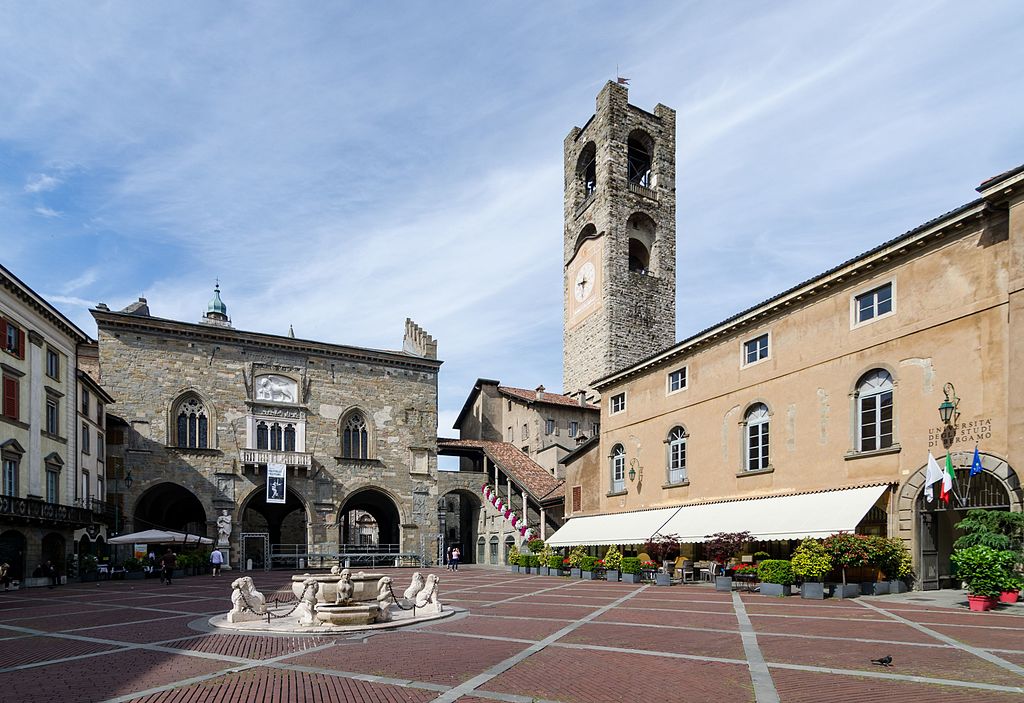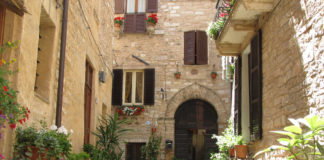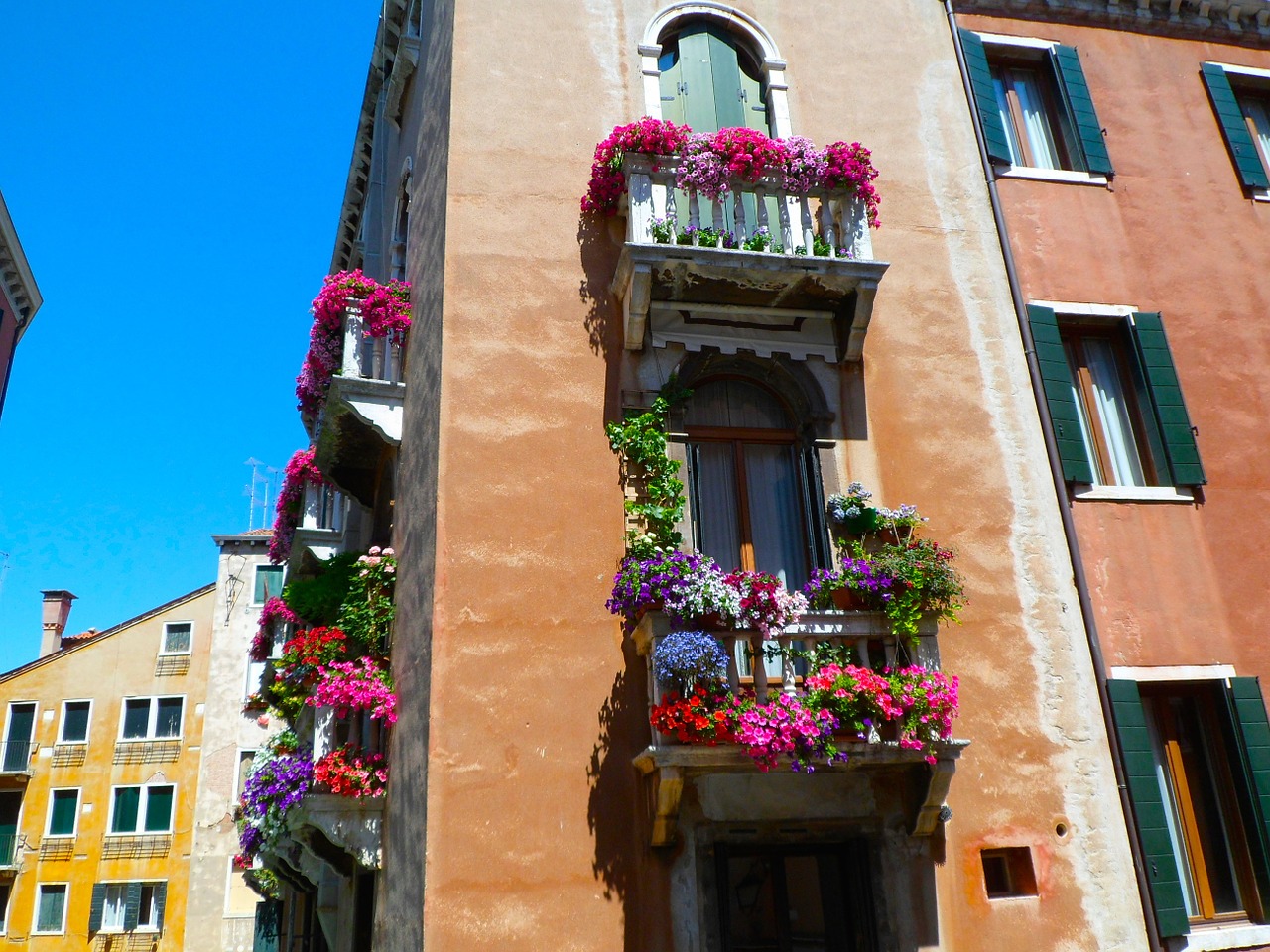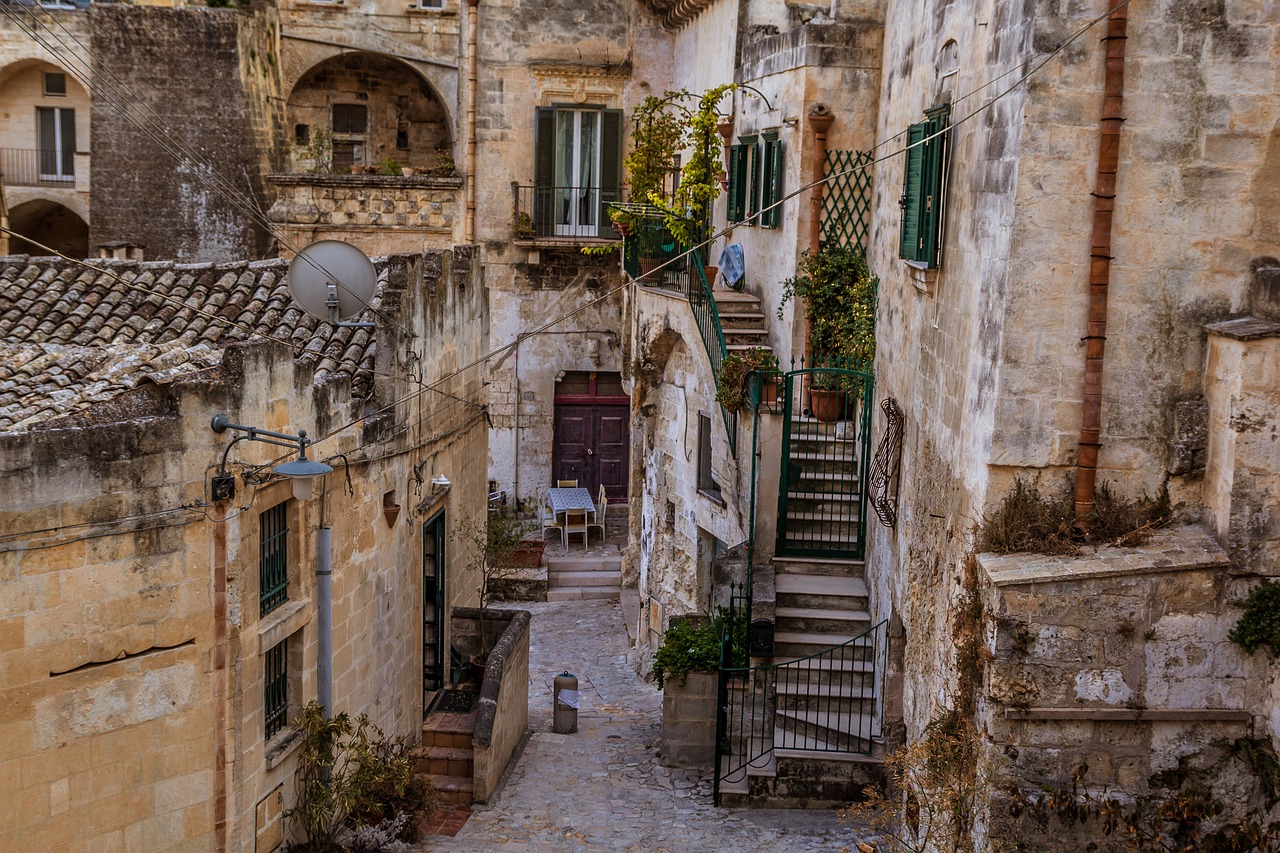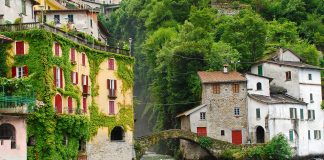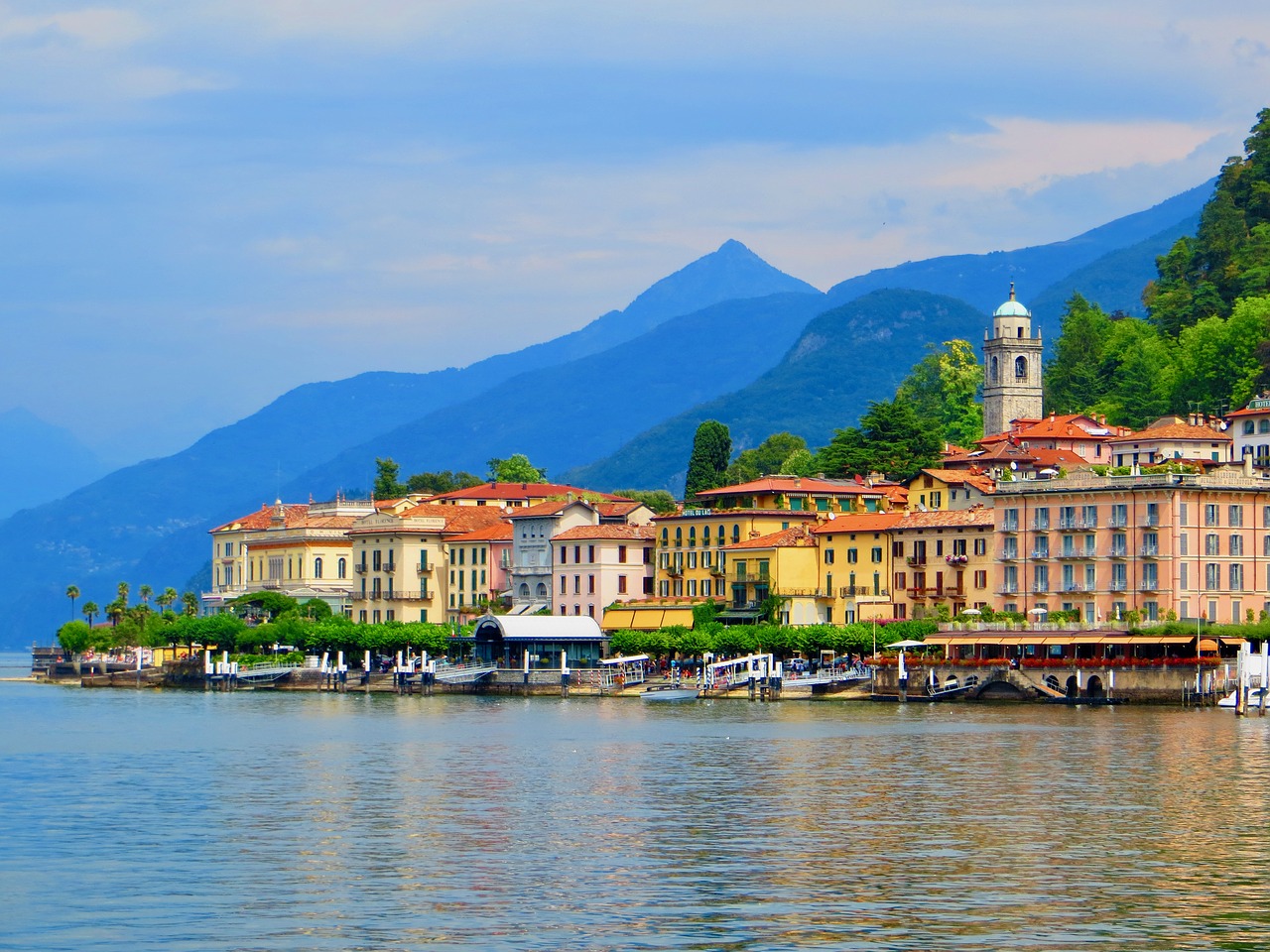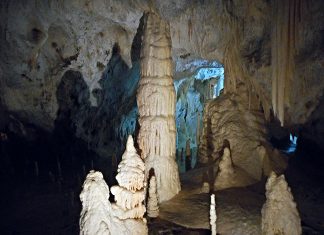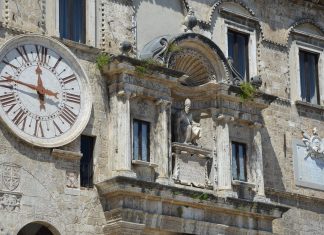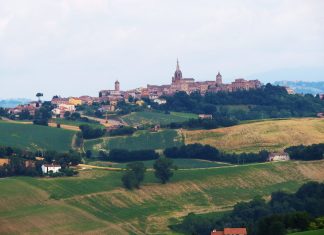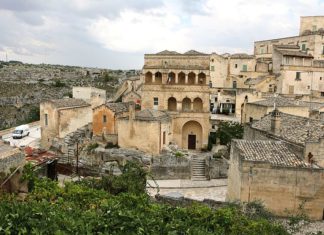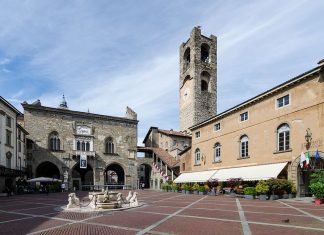AMAZING ITALIAN PIAZZAS
The following article is a list of our favorite Italian piazzas. While the famous cities of Italy are very beautiful, the main magic is located in the small squares of less known cities and towns. Our hope is to spike your curiosity and give you some insight into the artistic and cultural specialties of these piazzas. They are sure not to disappoint.
VENICE, VENETO
Piazza San Marco
Venice is well known for its romantic atmosphere so imagine what the main square of this romantic city can provide. Piazza San Marco offers an incredible view of the water. Also, the piers and mosaics around the town are from the Byzantine era and the square was well loved by Giacomo Casanova.
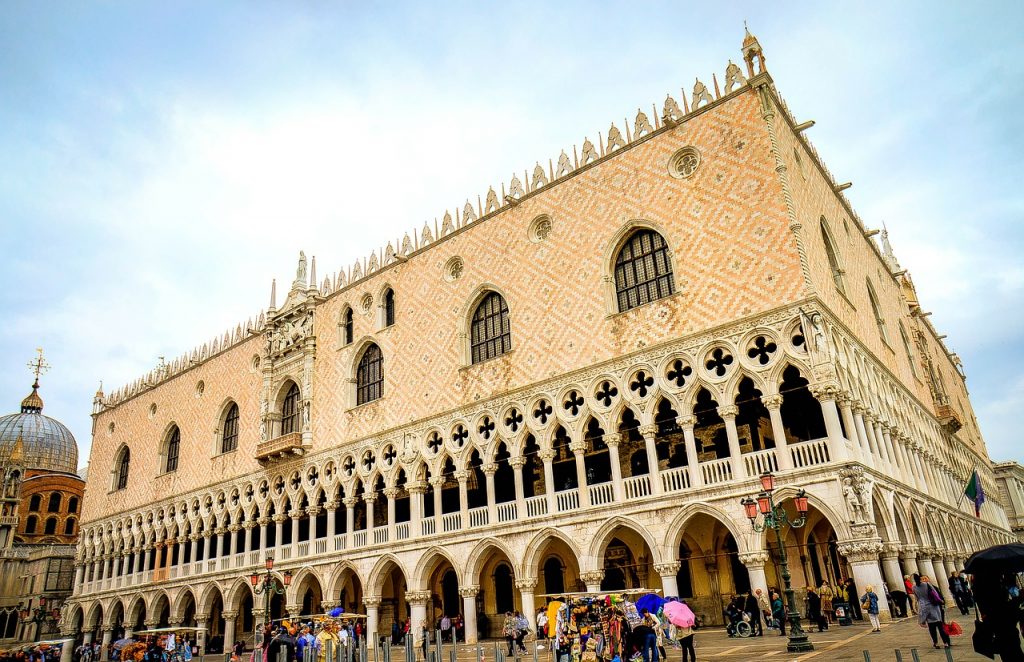
PADUA, VENETO
Prato della Valle
Its elliptical shape, surrounded by a narrow canal makes this square particularly unique. Additionally, Prato della Valle is not only, by far, the largest piazza in Padua but the largest in Italy! Therefore, it had to make the list of top Italian piazzas.
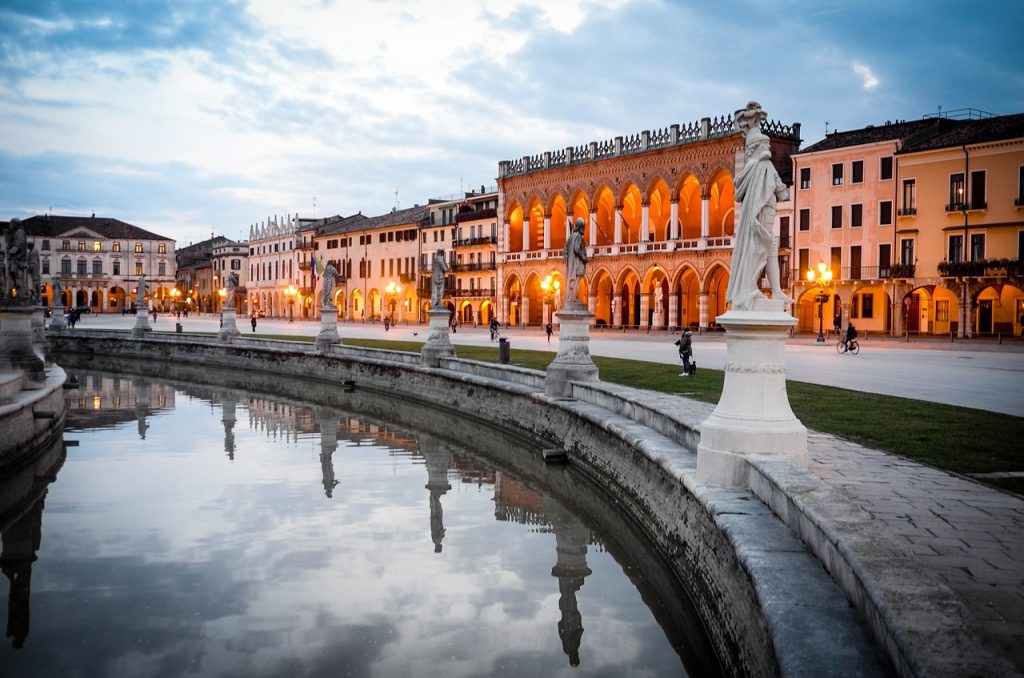
SIENA, TUSCANY
Piazza del Campo
Known for its particular shape, it’s the most original and unique of the Italian piazzas on the list. Piazza del Campo is a sacred place for the people of the city. It holds traditions that have been present here for countless generations, mainly the Palio!
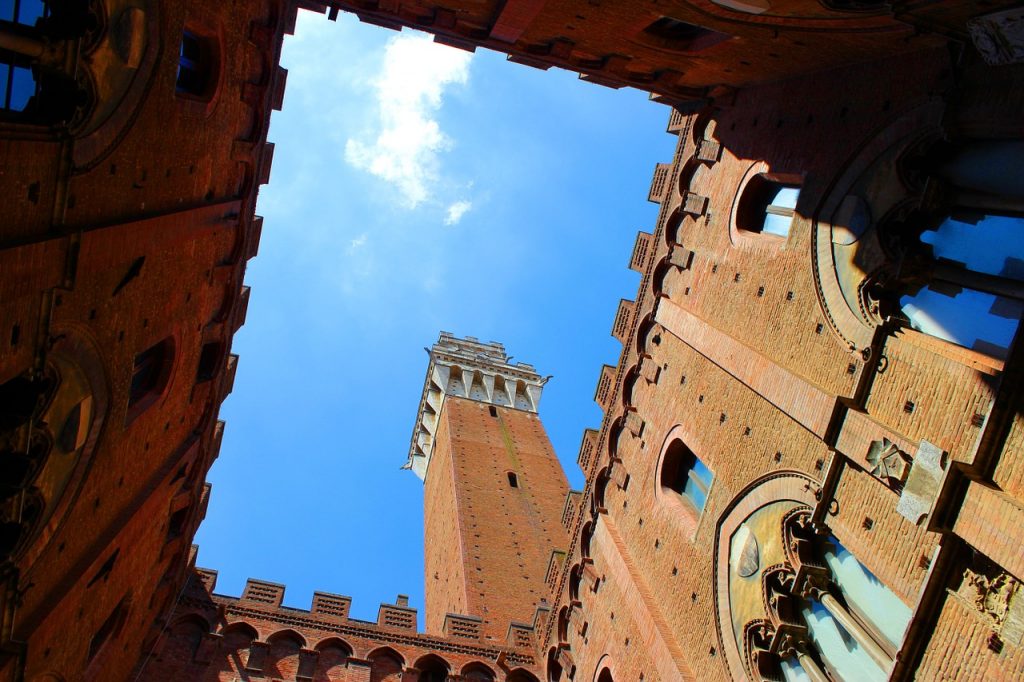
PISA, TUSCANY
Piazza dei Miracoli
This square is included among the exclusive list of UNESCO World Heritage sites. It is also home to a religious legend that has puzzled and intimidated visitors for a very long time. On the side of the Cathedral in Piazza dei Miracoli are signs etched into the marble. These strange writings have numbers that appear to change each time you count them; they are known as the “scratches of the devil.” In this very religious town, this type of site is quite sinister and eerie for its citizens. It has many eclectic buildings and structures making it particularly fascinating and lovely to visit, apart from the strange devilish presence!
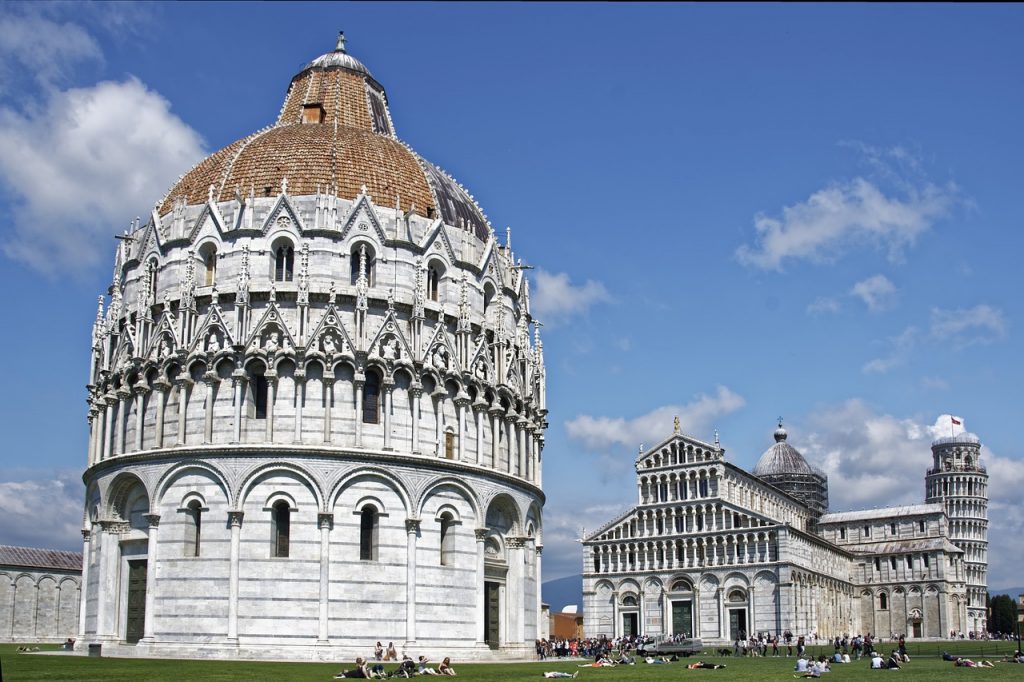
NAPLES, CAMPANIA
Piazza Plebiscito
Naples is a stereotypical southern Italian city. It’s busy, full of restaurants producing unparalleled pizzas, and it is very religious. The Royal Palace and Basilica of San Francesco da Paola are the main highlights. These historically important structures add to the cultural intensity of the city and this piazza in particular. Piazza Plebiscito is very large and holds a variety of important cultural events.
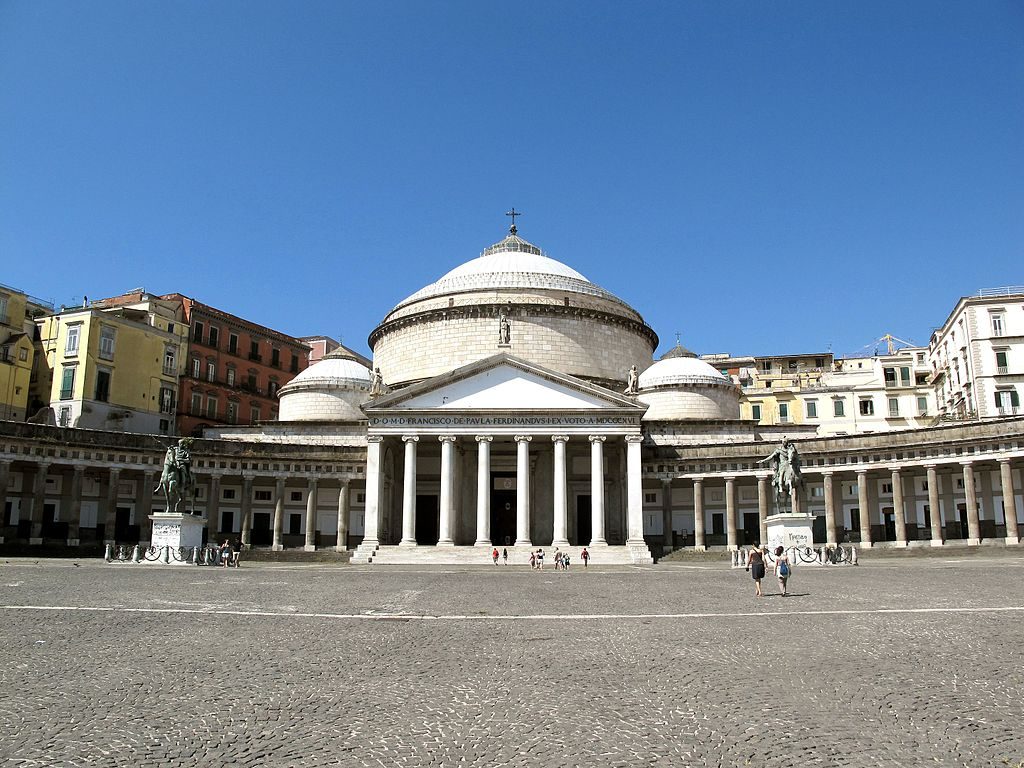
ASCOLI PICENO, MARCHES
Piazza del Popolo Ascoli
To this day, this piazza is the most prominent meeting place in the city of Ascoli. It’s a largely pedestrian area in the town center. This area is also the very heart of the historical center of the town as well. It fits within the flow of the town in the most synchronized and beautifully harmonious ways. This probably more so than any of the other Italian piazzas.
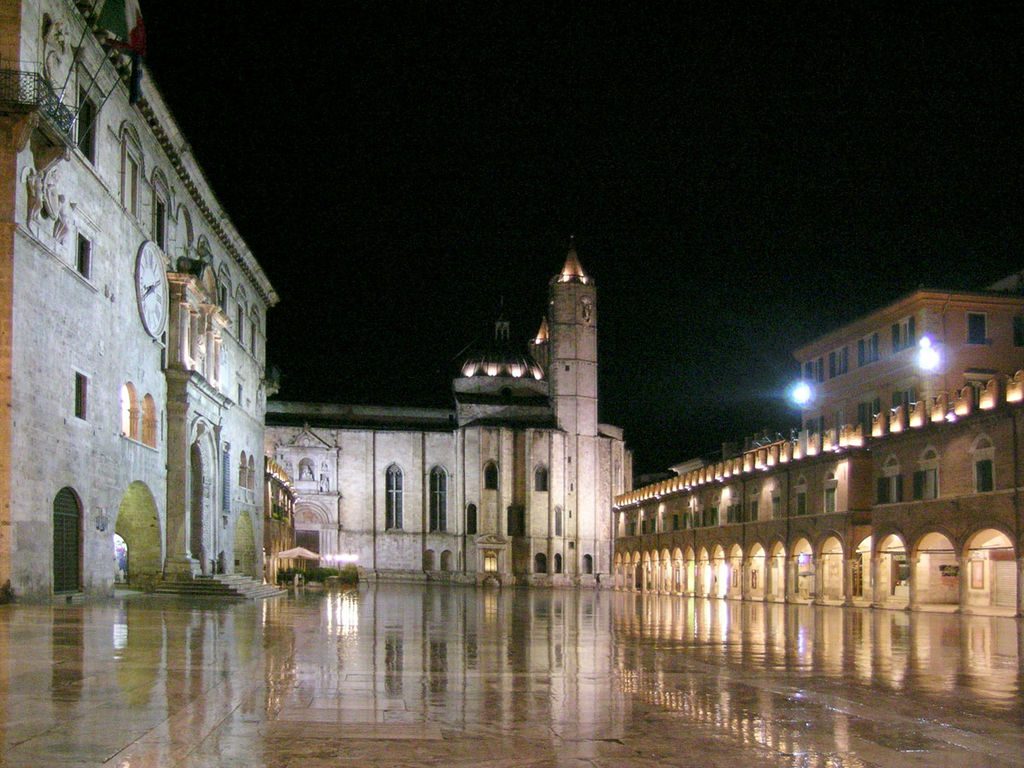
ROME, LAZIO
Piazza Navona
During the Epiphany every year, this piazza holds the Befana festival. Rome is a very Catholic city, making the religious holidays of great importance and encouraging grand festivals in relation to them. Piazza Navona is similar to the ancient stadiums and is one which holds incredible character.
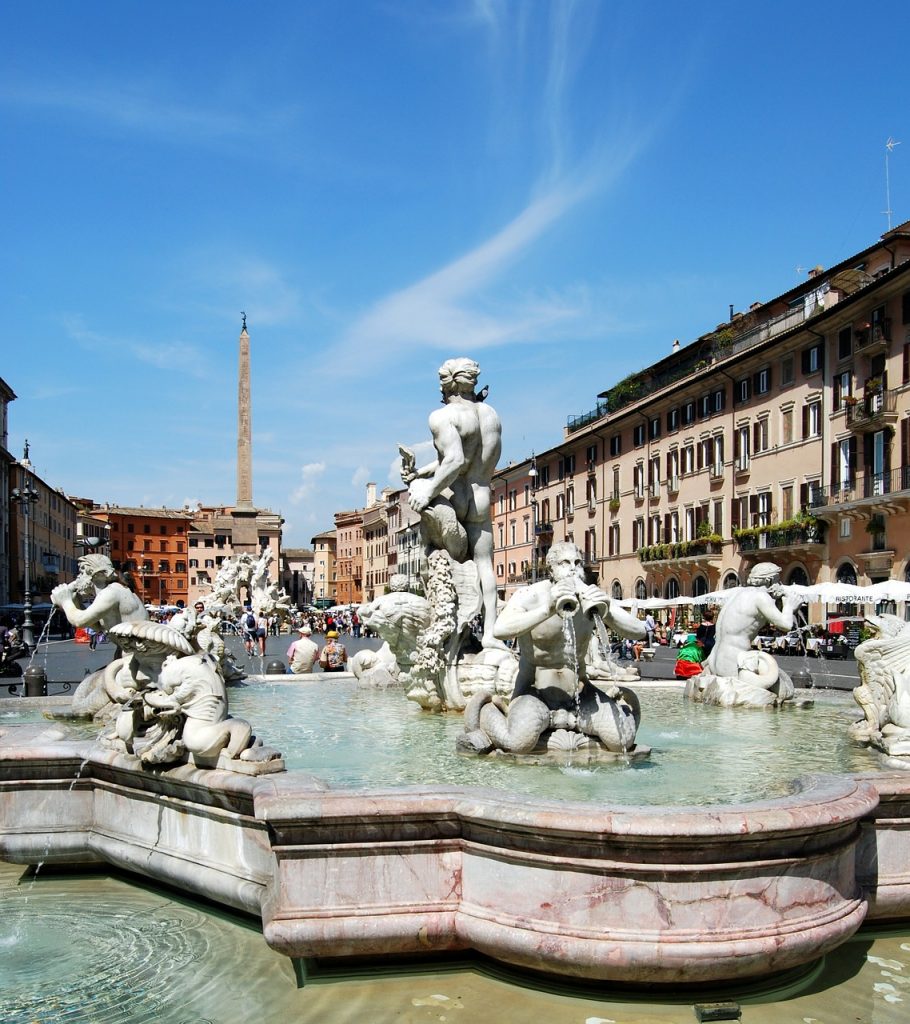
Piazza San Pietro / St. Peter’s Square
Vatican City is the only place in Italy that is technically separate from the city within which it resides. The Vatican State features the Vatican, or St. Peter’s Basilica, and the Vatican Museums. This square with its museum is one of the most visited places in the world, 6th on the list in fact. It is famous not only for its immense beauty but also for being the home of the Pope. It also holds the world famous Sistine Chapel, located within the museum. St. Peter’s square and the Vatican State are situated in the historical center of Rome. The importance of this square is unparalleled among the rest of the Italian piazzas.
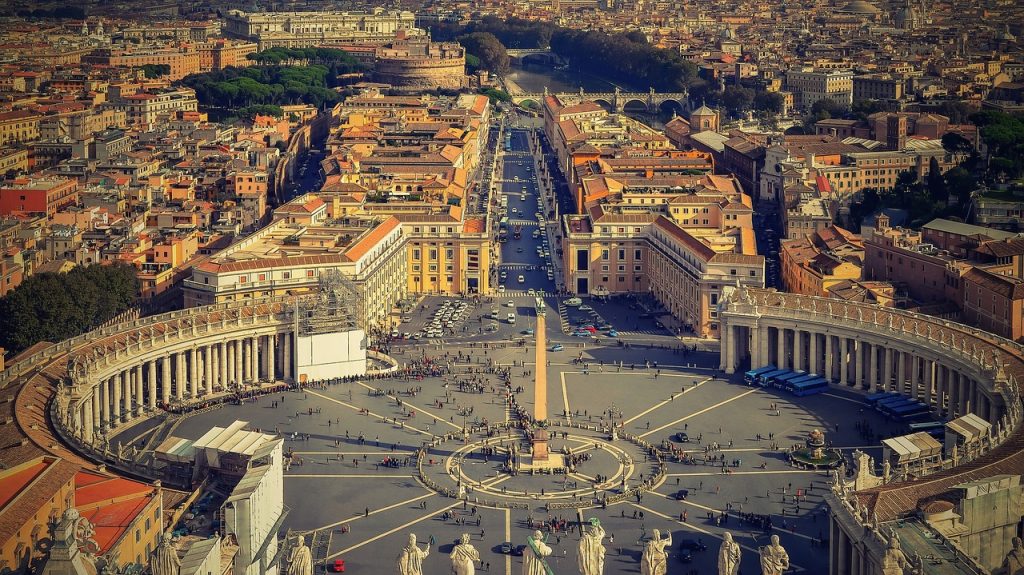
PALERMO, SICILY
Piazza Pretoria
The capital of Sicily, Palermo, is home to the incredible Piazza Pretoria. It is also known as “Piazza della Vergogna” (or Square of Shame) because of the many nude statues placed on the fountain in the very center. This was originally a point of conflict for the nuns of the Santa Caterina Convent living in the area overlooking the square. They renamed it to communicate their displeasure with the fountain’s sculptures. The famous Francesco Camilliani constructed the fountain in 1500. This piazza is also located close to the Quattro Canti.
